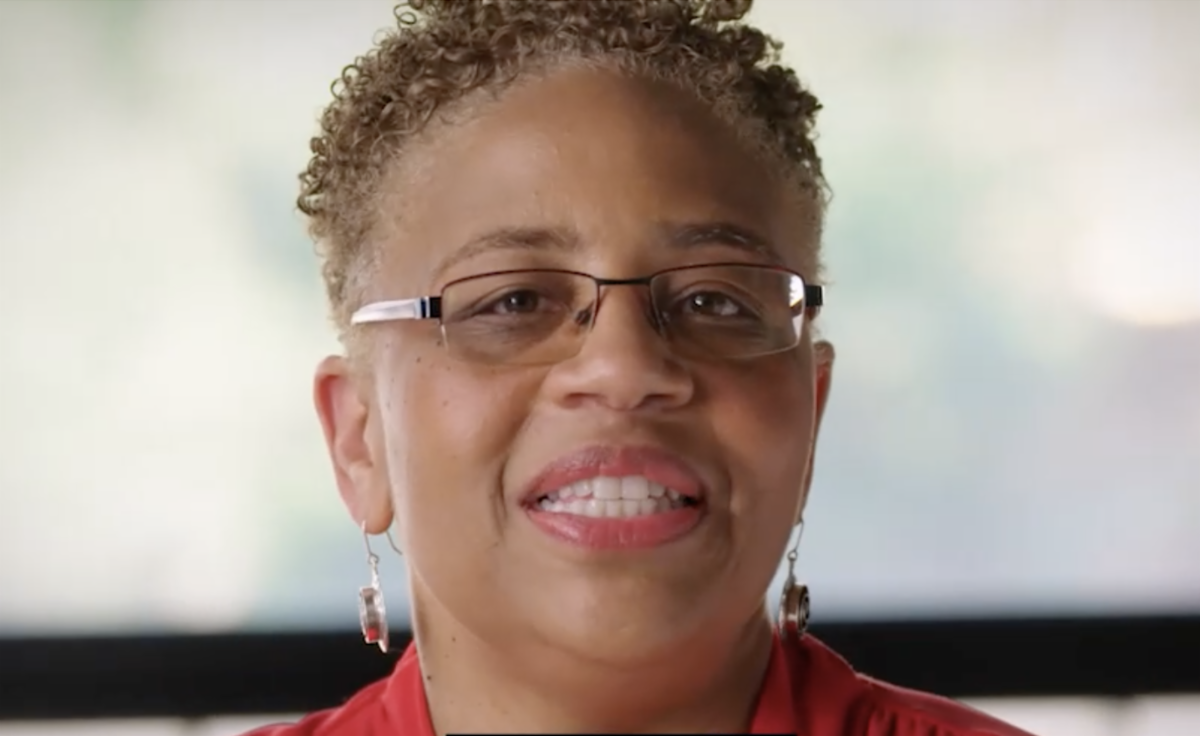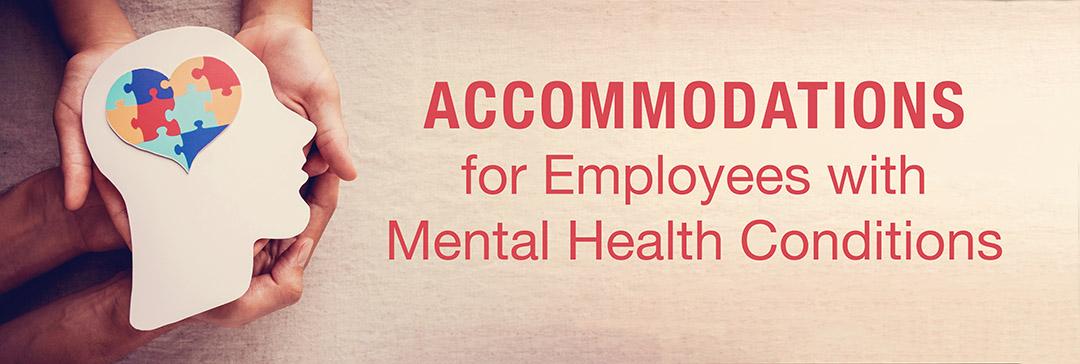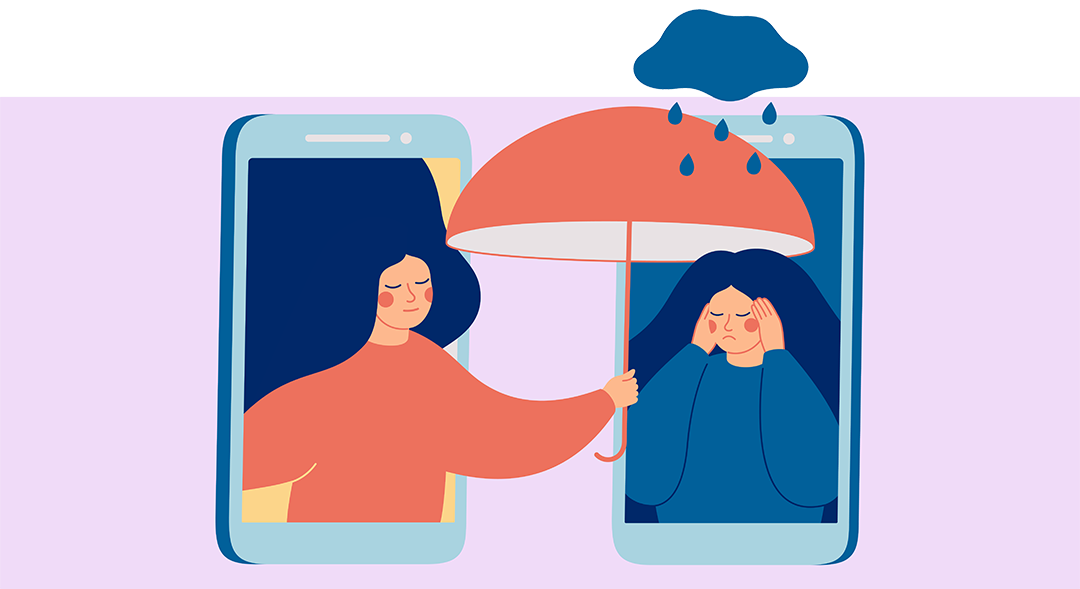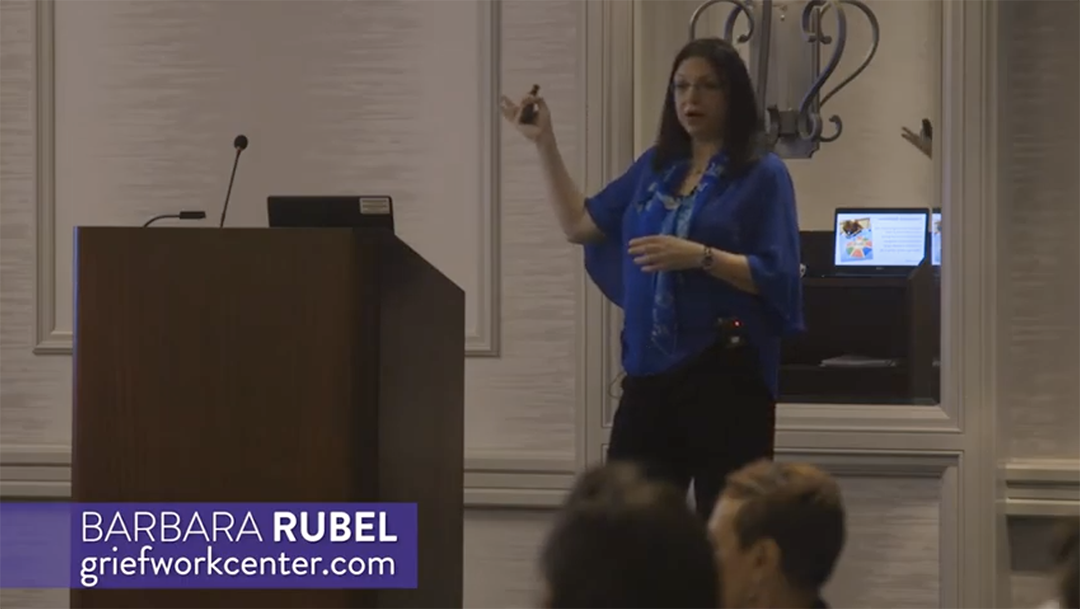RAISE The Standard, May 2022, v.8 n.5 | |
Mental Health
Even before COVID-19, the National Institute of Mental Health estimated that one in five people will experience a mental health condition in their lifetime, and one in four Americans currently knows someone who has a mental health condition. And there is a ripple effect: mental illness affects family members, caregivers, teachers, co-workers, and others as well.
May is Mental Health Awareness Month, so RAISE is taking this opportunity to raise awareness about mental health and related issues, including mental-health-friendly workplaces.
| |
What does it feel like to live with mental illness, anxiety, and stress?
We turn to this video produced by Youth to Youth International to get a perspective:
"I feel alone, like nobody can understand what I am going through…"
"It is an emptiness, a gap. Like I am gone…"
"I get shaky and my mind is jumping…"
"I want to punch everything around me…"
"I try to remind myself that I am not the only one who feels this way…"
Watch Youth to Youth International's short video now.
| |
 |
Disclosing Mental Health Conditions at Work
Some disabilities are not obvious. In fact, hidden disabilities such as mental illness are quite common and can affect work or daily living. Having a mental illness may not affect your job performance, but others may need job accommodations to perform the essential functions of their job.
Whether to disclose a mental illness to an employer is a personal decision. Staying silent is not a lie, it is a choice. Each person must make a disclosure decision that’s right for the situation and right for them. Think through your disclosure decision: How will this help me? How could it hurt me? Why am I choosing to disclose?
Most of the time, a decision to disclose is rooted in the desire to do a good job. If you are struggling at work, you can request accommodations and/or modifications under the Americans with Disabilities Act (ADA) so you are able to perform the major functions of your job. You may also qualify for another job with your current employer where you can perform the required duties with or without accommodations.
For advice on how to disclose, we turned to NAMI. If you need an accommodation, the first step is to ask. It's up to you to request an accommodation. Once you have submitted a request, an employer is required to sit down and talk with you about possible accommodations.
- Ask your employer's human resources (HR) personnel how to request accommodation. A request process may already be in place.
- Consider the types of accommodations you need. Be specific. Be ready to explain how the accommodation will help you perform your job.
- Put your request in writing.
- Talk with your treatment provider and ask if they can provide documentation. Your doctor/provider can write a note, usually in the form of a letter, stating that you have mental illness and need accommodation. It may be helpful to share guidance on workplace accommodations with your provider.
- Take detailed notes and keep a written record of any conversations you have with the employer. Keep copies of any emails you send and any forms you complete.
- Negotiate. Be flexible and ready to discuss your options.
- What Can Employers Do to Improve the Workplace?
- Looking for ways to make the workplace more aware of mental health issues? The Office of Disability Employment Policy (ODEP) offers a number of resources developed as part of the "Mental Health at Work: What Can I Do?" campaign.
Check out ODEP’s video in English.
Check out ODEP’s video in Spanish.
| |
 |  |
Accommodations for Employees with Mental Health Conditions
Under the Americans with Disabilities Act (ADA) employers must provide "reasonable accommodations" to qualified employees with disabilities. Most employers are aware of accommodations for people with physical and communication disabilities, but they may be less familiar with accommodations for employees with disabilities that are not visible, such as mental health conditions.
What types of accommodations do employees with mental health conditions request in order to perform their jobs effectively? The list below, while not exhaustive, is a good starting point and provides some of the most effective and frequently used workplace accommodations.
Accommodations for workers with mental health conditions might include:
- Flexible work schedules or start times
- Reduced distractions or noise in the work area
- Working from home or telecommuting.
- Written directions and task lists
- Regular written or verbal feedback
- Flexible break schedule
- Private, quiet space to rest during a break
- Use of a job coach
(source: NAMI)
Looking for more ideas?
Visit the Center for Psychiatric Rehabilitation's "Reasonable Accommodations" page for specific tips for employers on developing and implementing accommodations.
| |
 | |
Secondary Trauma
For therapists, teachers, case managers, and others in the "helping fields," the act of witnessing and listening to trauma stories can take an emotional toll. It can compromise professional functioning and diminish the quality of life, adding to feelings of burn out and professional stress. Studies show that from 6-26 percent of therapists working with traumatized populations, and up to half of all child welfare workers, are at high risk for secondary traumatic stress or the related conditions of PTSD and vicarious trauma.
We turned to Barbara Rubel, founder and CEO of Griefwork Center, Inc. for more information:
What is vicarious trauma?
A: Vicarious trauma is a psychological response that is associated with the disturbing experiences and traumatic events of another person, often victims of crime or abuse. The condition describes the indirect trauma or the result of identifying with a trauma survivor’s suffering.
Symptoms include anxiety, anger, feeling isolated, depressed, or unsafe, hopelessness, numbness, irritability, losing control, not trusting others, feeling powerless, fearful or worried about a loved one’s safety, being more sensitive to violence, being cynical, inattention, being easily distracted, experiencing intrusive imagery, overwhelming negative changes in looking at one’s world, becoming forgetful about important details, loss of appetite, fatigue, risky behavior, inability to separate personal life from professional life, addictive behaviors, not wanting to talk with others about work, becoming aggressive, trouble with workplace boundaries, headaches, heartburn, loss of hope, and loss of meaning in life.
Awareness of the effects of this indirect trauma exposure is a basic part of protecting the health of the worker and ensuring that children/teens consistently receive the best possible care from those who are committed to helping them.
|  | |
|
In this edition, we welcome RAISE blogger Sarah Jeanne Browne who writes about combating the stigma of an "invisible disability." She writes about life with two disability conditions that no one can "see," a math disability and a mental illness.
"Invisible disabilities are difficult to advocate for because people don’t see the struggle. They didn't see me failing. They saw me succeeding. They saw me overcome the education system and then later the mental health system, both very flawed in meeting the needs of those in crisis. They saw me with a great attitude. They saw me happy. They saw me with a good support system. They saw me helping others.
But what they didn't see was the fact that I still had an invisible disability."
- Sarah Jeanne Browne, writer, activist, speaker
Read Sarah Jeanne Browne's full blog post on Living with Invisible Disabilities.
| |
|
In this issue of RAISE The Standard, meet Independent Futures That Work (APEC), a joint project of Parent Centers in Region B2 which includes Alabama, Mississippi, Louisiana, Texas, Arkansas, and Oklahoma. This center provides training and information that will empower and support youth in transition to access independent living and employment as they transition to adult lives. This project supports youth, their families, and professionals to improve their capacity to support youth with disabilities on their journey.
| |
|
We Want to Hear from You...
RAISE's Youth Advocates for Change (YAFC) is looking for your input! Learn more about YAFC.
The YAFC and RAISE are ready to provide support on youth engagement and social media. If Parent Centers feel that is needed, the question is how?
Click here to access a brief survey. Please complete the survey by June 9, 2022.
| |
|
The Passing of Some of Our Giants
"If I have seen further, it is by standing on the shoulders of giants."
~ Sir Isaac Newton
Many of us working in the parent center and disability realm have been directly—and often unknowingly—impacted by the work of advocacy giants. These advocates blaze trails for individuals with disabilities and families in their pursuit of justice and equity for their families and others. Within the past two weeks we have lost two of these giants, Julie Beckett and Paula Goldberg.
These women changed the definition of what it meant to live with a disability and raise a child with a disability in America.
RAISE would like to share our condolences in the passing of these two advocacy giants. So many of us have lost people over the past few years and our hearts go out to each of you as you continue to work, advocate, and serve through your own pain and trauma.
We want you to know that you are not alone. Please consider using any of the following resources if you’re struggling during this time.
SAMHSA: SAMHSA’s National Helpline, 1-800-662-HELP (4357) (also known as the Treatment Referral Routing Service), or TTY: 1-800-487-4889 is a confidential, free, 24-hour-a-day, 365-day-a-year, information service, in English and Spanish, for individuals and family members facing mental and/or substance use disorders. This service provides referrals to local treatment facilities, support groups, and community-based organizations.
Suicide Hotline: If you are struggling with mental illness, please call the Suicide Hotline at (800) 273-8255. Please note that while some areas may currently be able to connect to the Lifeline by dialing 988, this dialing code will be available to everyone across the United States starting on July 16, 2022. The current Lifeline phone number (1-800-273-8255) will always remain available to people in emotional distress or suicidal crisis, even after 988 is launched nationally.
NAMI: Call the NAMI Helpline at 800-950-NAMI M-F 10AM – 10PM ET, or in a crisis, please text "NAMI" to 741741. Learn more.
| |
Collaboration • Empowerment • Capacity-building | |
RAISE The Standard enewsletter identifies and shares resources that the Rehabilitation Services Administration Parent Training and Information Centers (RSA-PTI) can use and share with families. | |
The RAISE Technical Assistance Center is working to advance the accessibility of its digital resources, including its websites, enewsletters and various digital documents. | |
RAISE, the National Resources for Access, Independence, Self-Advocacy and Employment is a user-centered technical assistance center that understands the needs and assets of the RSA-PTIs, coordinates efforts with the Technical Assistance provided by PTI centers and involves RSA-PTIs as key advisors and partners in all product and service development and delivery. | |  |
|
The RAISE Center is a project of the SPAN Parent Advocacy Network and is funded by the US Department of Education's Rehabilitation Service Administration. The contents of this resource were developed under a cooperative agreement with the US Department of Education (H235G200007)). However, the contents do not necessarily represent the policy of the Department of Education and should not assume endorsement by the federal government.
| | | | |